December, 2013
Land Entry Records; Providing Details of a Pioneer's Life .jpg)
- Presenter: Donald Schnitzler
- Date: December 17, 2013
- Webinar Description: This webinar will provide a general overview on how Homestead Records, also known as Land Entry Case Files, can be of assistance to family historians. Each record used to prove the homesteaders claim to government land will be reviewed and instruction provided about where to find and how to use them effectively in your family history research.
November, 2013
Tho' They Were Poor, They May Have Been Rich in Records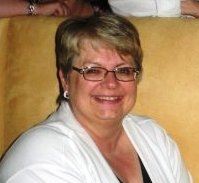
- Presenter: Paula Stuart-Warren
- Date: November 19, 2013
- Webinar Description: So many researchers put up artificial brick walls because their ancestors weren't land owners, were perennial renters staying one step ahead of the bill collector, or didn't leave behind a ten page will listing all the children. Various records and sources for tracking these ancestors down will be discussed. Visuals will demonstrate the extensive information which may be found. Examples span many states and time periods and both private organizations and government agencies at many levels.
October, 2013
Finding Those Who Served: Genealogy Resources at the Wisconsin Veterans Museum
- Presenter: Russell Horton
- Date: October 15, 2013
- Webinar Description: Do you have military ancestors in your family anbd don't know where to begin to look for information on them? The Wisconsin Veteran's Museum and Archives has many resources that can help point you in the right direction, including much on the Civil War, World War I and II, and more. Come listen to Russ as he shares all of the jewels and gems of their colleciton and how it might be able to help you with your genealogical research.
September, 2013
Bring 'Em Back to Life: Developing an Ancestor Profile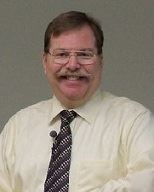
- Presenter: George Morgan
- Date: September 17, 2013
- Webinar Description: In the course of our genealogical research, we often become engrossed in the collection of information snippets, failing to put them into a logical perspective. We lose sight of the fact that the people we're tracing participated in the life of their historical times, led complex lives, and interacted with one another. Organizing the information we collect into a biographical profile can help you begin to recognize character traits and decision patterns. And the profile also provides an invaluable, portable research tool that avoids your taking voluminous amounts of notes with you on research trips. This seminar presents a methodology and a structured model for taking the details you collect about your ancestor and creating a biographical profile. We will discuss:
- Establishing your ancestor's every location,
- Learning about other people in your ancestor's life,
- Studying local, state and national history to determine what events may have influenced or motivated your ancestor,
- Studying personal events that may have influenced or motivated your ancestor, and
- Effectively organizing materials into a profile that can be used for additional research and for writing.
This approach will not only help you organize your research, it can become the basis for writing detailed biographical sketches or novels about the people whose lives you have been researching.
August, 2013
Beginning German Genealogy Research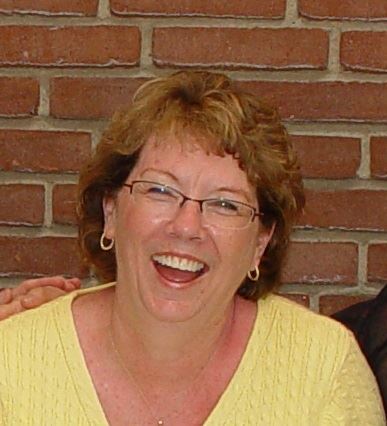
- Presenter: Kathy Wurth
- Date: August 20, 2013
- Webinar Description: Identify German immigrants' origins through US Resources and strategies including family records, passenger lists, naturalizations, church records, censuses, newspapers, obituaries and local histories. Learn what you can find using FamilySearch.org and other online sources.
July, 2013
Genealogy Orienteering: Using Maps to Find the Right Place
- Presenter: George Morgan

- Date: Tuesday, July 16, 2013
- Webinar Description: Maps are an essential part of our everyday life. We consult them to plot travel routes as we move from place to place, check them to determine correct postal codes, verify boundaries, and use them in a many other ways. Throughout history, maps have changed again and again. Country and county boundaries moved, towns came under different jurisdictions, and place names changed. As we use maps in our genealogical research, it is essential to understand the geographical history of an area and how boundaries and jurisdictions have changed. These changes are important for determining who created what documents and where these materials can now be found. Many genealogists hit "dead ends" and waste inordinate amounts of time because they either fail to understand the importance of properly using maps in their research or they don't possess the skills. This seminar presents and discusses a simple yet efficient methodology and some resources to help you use maps to quickly and effectively locate the right place to conduct your research.
June, 2013
The Area Research Network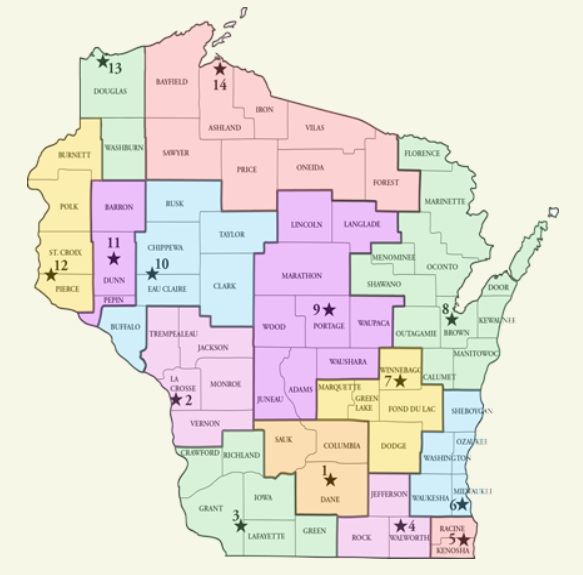
- Presenter: Josh Ranger
- Date: June 18, 2013
- Webinar Description: This webinar discusses how the Area Research Centers in Wisconsin work and what a researcher can find there to help them with their research.
May, 2013
Crossing the Pond: Successful Strategies for Researching Eastern European Ancestors
- Presenter: Lisa Ann Alzo
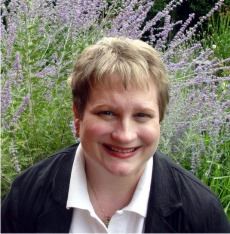
- Date: May 21, 2013
- Description: A vast number of immigrants came to America from Eastern Europe in the late 19th and early 20th centuries. Border changes, language differences, political considerations, and exotic-sounding surnames often complicate the search for Austrian, Czech, Hungarian, Polish, Rusyn, Slovak, Ukrainian, and other Eastern European ancestors. Traditional methods and online resources for tracking ancestors both in the U.S. and the old country will be discussed, as well as techniques for overcoming some of the most common obstacles and problems faced during the research process.
April, 2013
Wooden Shoe Genealogy: Methods for Tracing North American Immigrant Families Back to The Netherlands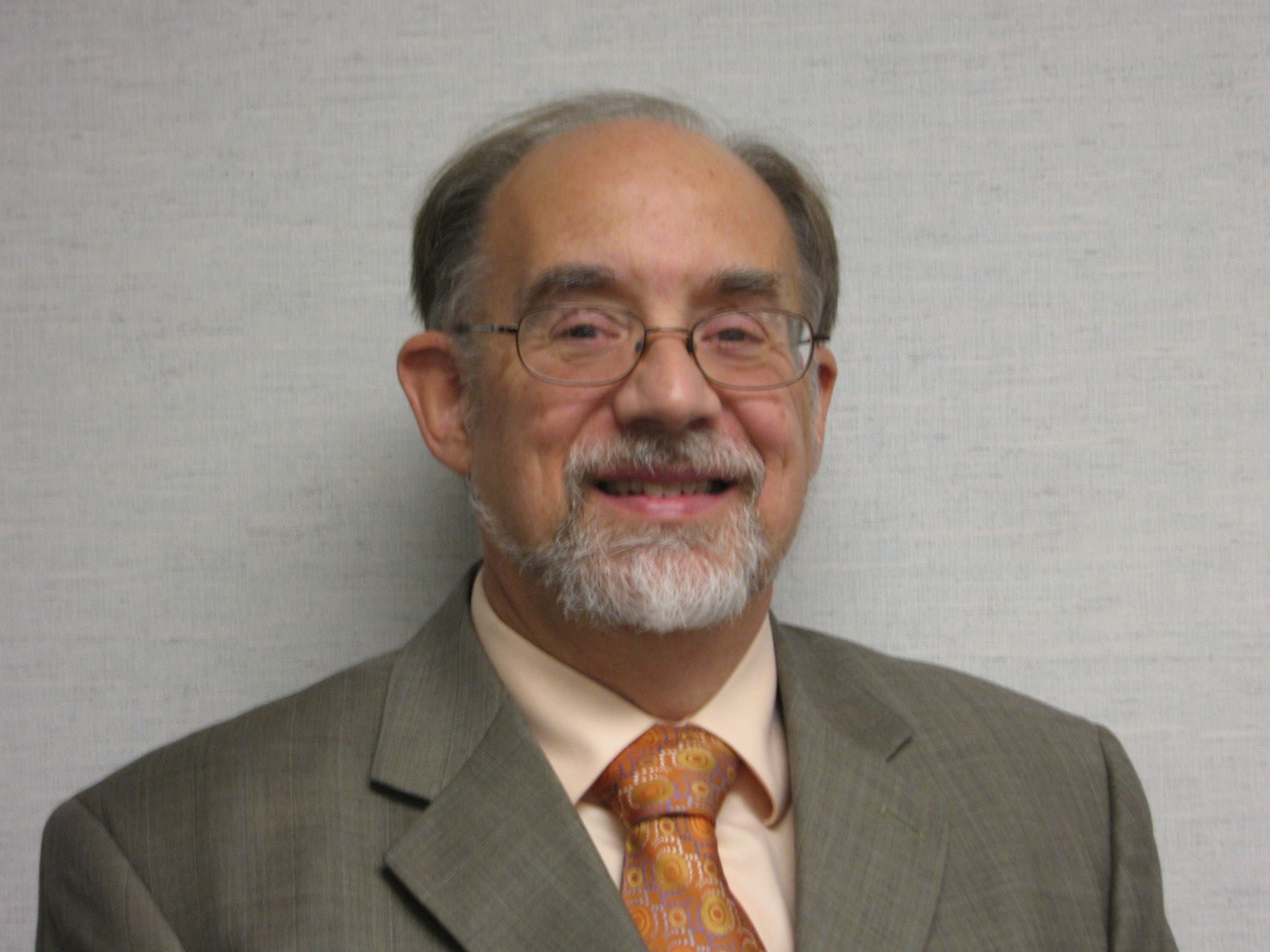
- Presenter: J.H. ("Jay") Fonkert
- Date: April 16, 2013
- Description: Use a three-step strategy to match families across North American and Dutch records and then work your way back in The Netherlands.
March, 2013
Planning Your Way to Research Success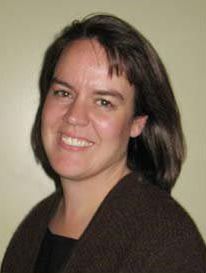
- Presenter: Marian Pierre-Louis
- Date: March 19, 2013
- Description: You may be getting good results in your genealogical research but you could get even better results by using a research plan. A research plan will help you focus your time and energy and save you from researching something twice. Marian will show you how to create and use research plans to fine tune your research and get you back on track.
February, 2013
The Winter Of Our Discontent: 3 Months to Better Organization
- Presenter: DearMYRTLE
- Date: February 19, 2013
- Description: You’ve heard about marathon runners? How about a marathon to finally get organized? DearMYRTLE quickens the pace of her 12-month program, and asks you to devote a mere 12 weeks to the process. You can do this! Includes sorting, filing, data input, scanning photos, documenting artifacts, & creating family history experiences for the non-genealogists in the family.
January, 2013
The Wisconsin Historical Society Library & Archives Collections and Services - Presenter: Lori Bessler
- Date: January 15, 2013
- Description: This webinar describes the extensive North American collections found in the Society’s library and archives, as well as the services that make these collections so accessible. This is one of the top five genealogical collections in the country!
|
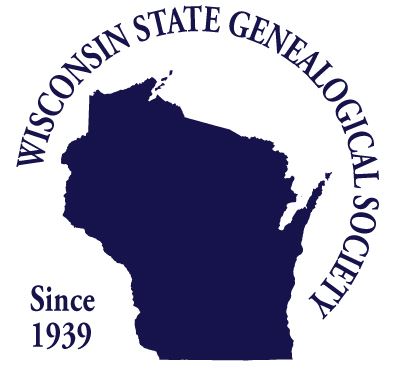
.jpg)









